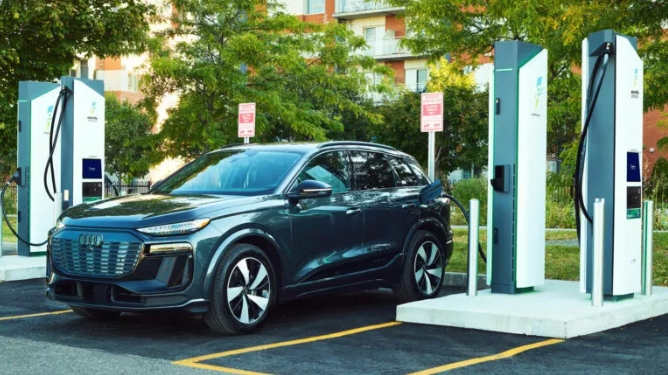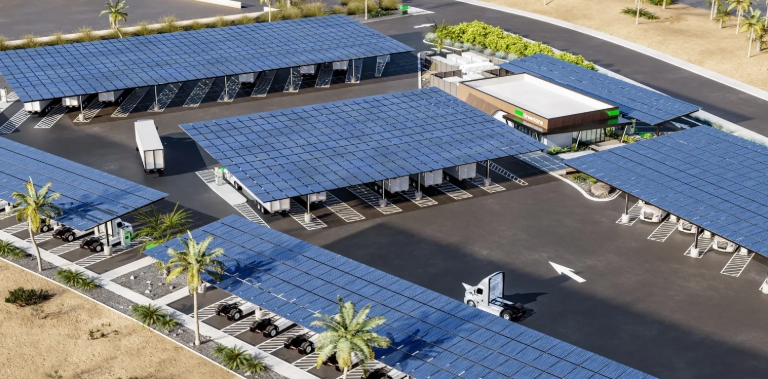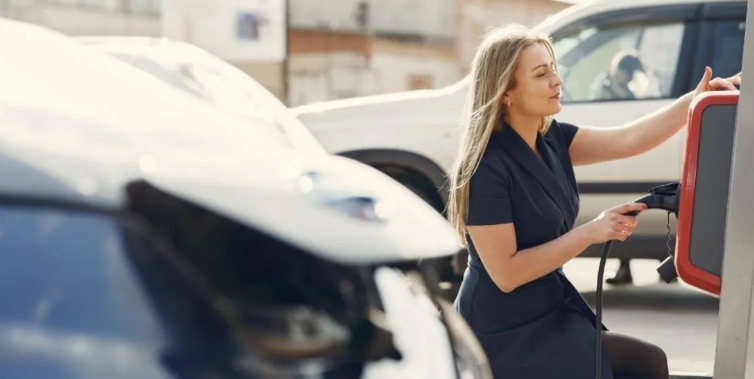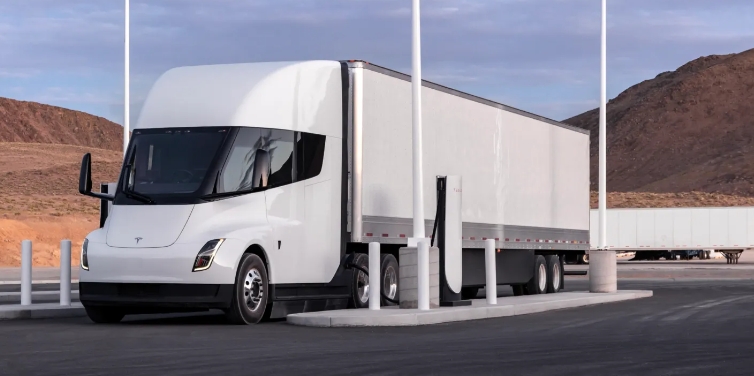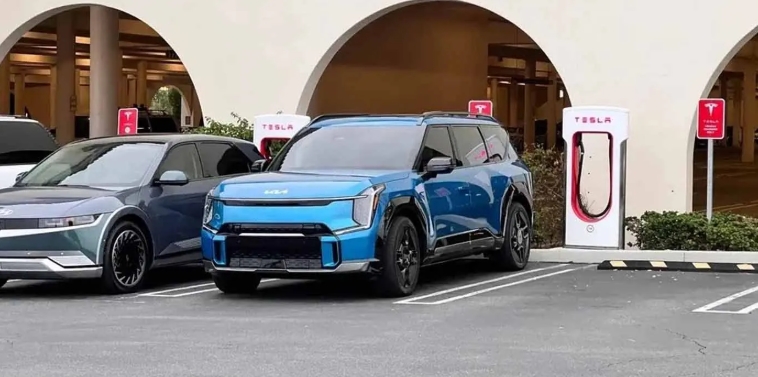Prices for home power-storage batteries look likely to fall in Japan as U.S. electric car maker Tesla moves to offer its Powerwall batteries here, with major implications for the country's utilities.
The Powerwall is much cheaper than competing Japanese products in terms of storage capacity per kilowatt-hour. Taking into account the cost of installing solar panels and other costs, the batteries can make solar power competitive with electricity from the grid.
"The only question is whether [Tesla] will actually sell the product," said an official at Japan's Ministry of Economy, Trade and Industry.
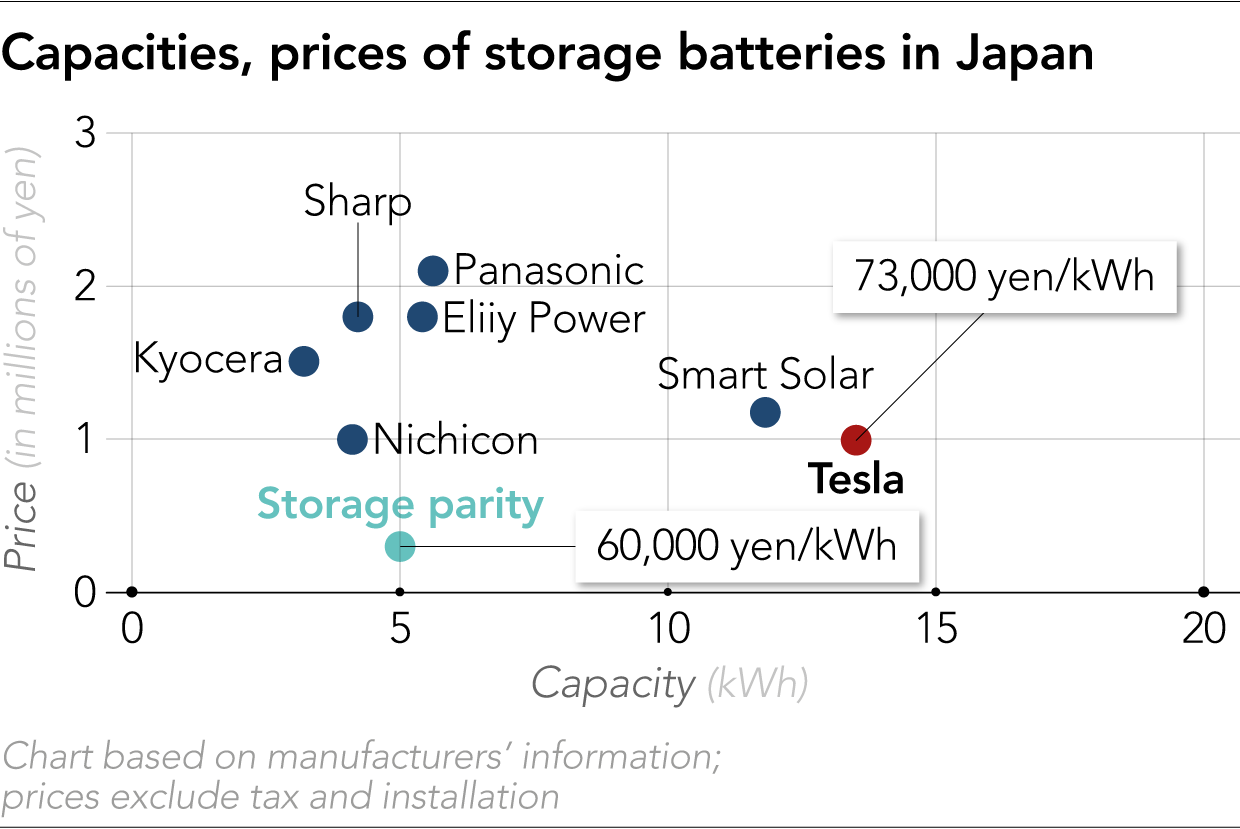
Tesla has installed more than 50,000 Powerwall units, mainly in the U.S. and Europe. In Japan, it plans to offer a 13.5 kWh Powerwall for 990,000 yen ($9,010), enough to power a typical home for more than a day during an outage, according to the company's website. That translates to about 73,000 yen per kilowatt-hour. Storage batteries with smaller capacities made in Japan typically sell for around 200,000 to 300,000 yen.
After the Fukushima nuclear disaster in 2011, Japan introduced a feed-in-tariff system, which lets people sell unused renewable power back to the grid at fixed prices. The idea was to encourage the installation of solar panels. But the system has ignored market forces, leaving consumers to pay for the system through higher electricity bills.
Supply and demand for electricity fluctuate with changes in the weather and the time of day. For renewable power to catch on, storage batteries that can provide juice at night or on cloudy days are a must. But their high price puts off many potential buyers.
